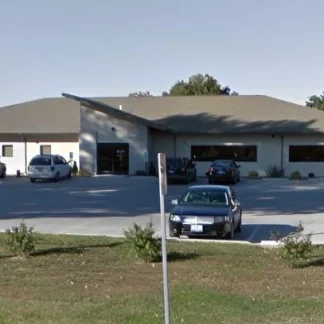Cognitive Behavioral Therapy (CBT) is a therapy modality that focuses on the relationship between one's thoughts, feelings, and behaviors. It is used to establish and allow for healthy responses to thoughts and feelings (instead of unhealthy responses, like using drugs or alcohol). CBT has been proven effective for recovering addicts of all kinds, and is used to strengthen a patient's own self-awareness and ability to self-regulate. CBT allows individuals to monitor their own emotional state, become more adept at communicating with others, and manage stress without needing to engage in substance abuse.
Whether a marriage or other committed relationship, an intimate partnership is one of the most important aspects of a person's life. Drug and alcohol addiction affects both members of a couple in deep and meaningful ways, as does rehab and recovery. Couples therapy and other couples-focused treatment programs are significant parts of exploring triggers of addiction, as well as learning how to build healthy patterns to support ongoing sobriety.
CRC staff attempt to involve family members in treatment whenever possible. Sessions for individual families are offered as well as group programs. The goals are to enhance understanding within the family, work toward problem resolution, enhance overall family functioning and improve family relationships. In addition, intervention training for families is provided.
The staff have developed and provide a variety of group programs for both mental health and substance abusing clients as well as family members. Using input from clients and the community, the staff members develop relevant group programs that address the needs of the consumers. The goals for the group are to enhance the individual's functioning through the interactions made available by the group process. Groups are available to treat multiple issues including sex offender treatment, anger management, offenders of domestic violence, parenting, coping skills, substance abuse, anxiety, depression, etc.
In individual therapy, a patient meets one-on-one with a trained psychologist or counselor. CRC programs offer individual, face-to-face counseling, assessment, crisis and referral services to clients presenting with mental health or substance abuse disorders. Education, counseling, referrals, etc., are used when appropriate in the provision of treatment. HIV/AIDS risk reduction education and TB education and referrals for testing are provided routinely.
Life skills trainings involve all the skills a person must have in order to function successfully in the world. Community Support is a community-based treatment service designed to foster independent living and optimal functioning for individuals who require a higher level of care. Community Support Specialists work with individuals teaching skills to improve identified deficits and practice those skills in the community.
TREM is an evidence based, facilitated group approach to healing from the effects of trauma. TREM is a fully manualized group-based intervention designed to facilitate trauma recovery among women with exposure to sexual and physical abuse. M-TREM is a fully manualized, group-based intervention designed to facilitate trauma recovery among trauma surviving men. TF-CBT is an empirically supported treatment model designed to assist children, adolescents, and their parents in the aftermath of traumatic experiences, through a components based hybrid approach that integrates trauma-sensitive interventions, cognitive-behavioral principals, as well as, aspects of attachment, developmental neurobiology, family, empowerment, and humanistic theoretical models in order to optimally address the needs of traumatized children and families in weekly individual appointments.
